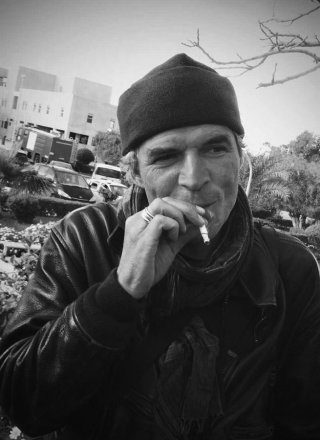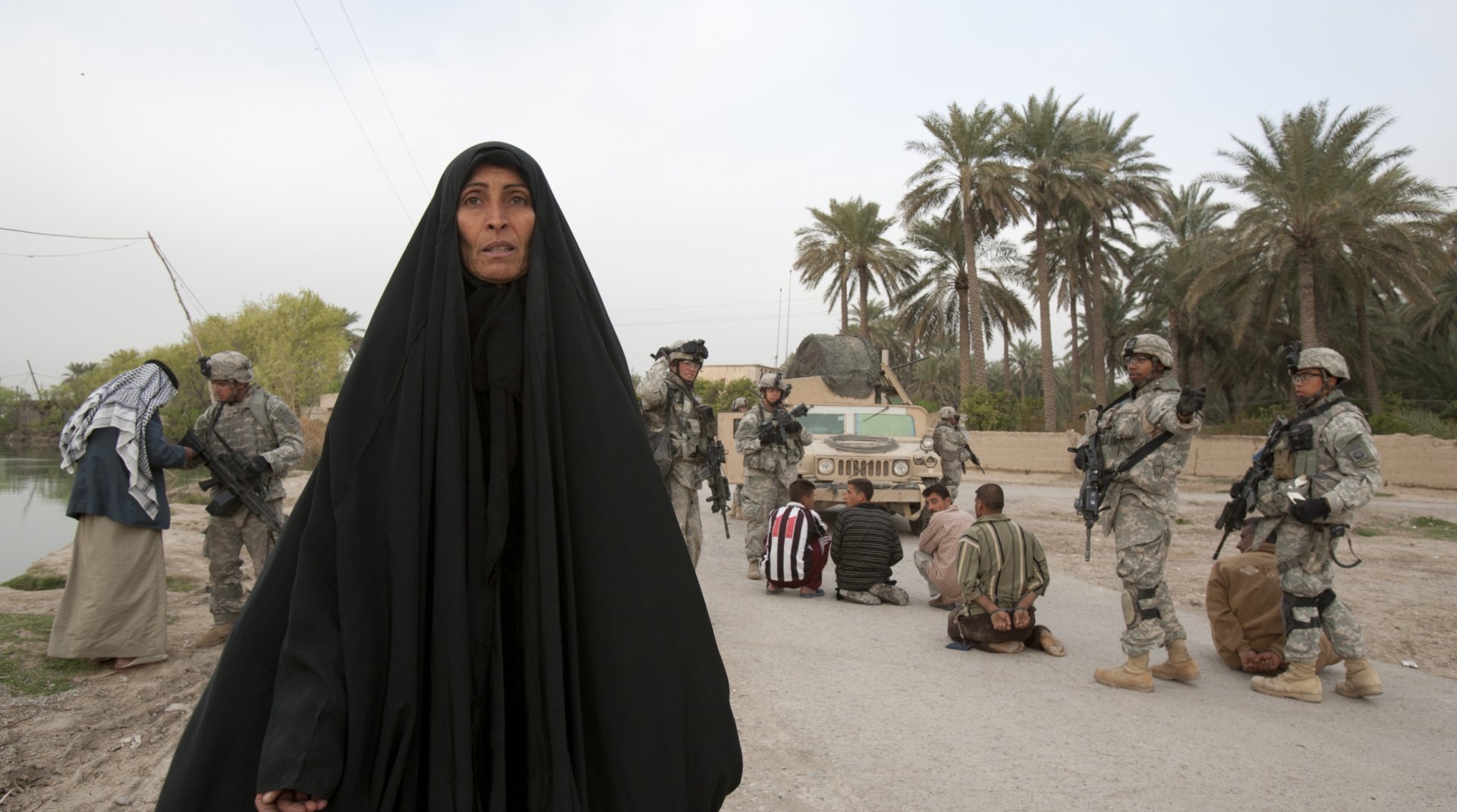
Inside Iraq
Yuri Kozyrev
NOOR pour Time Magazine
Five years after the war in Iraq began and after 4,000 American lives lost, one million Iraqis died, tens of thousands of Americans and Iraqis wounded, 5 million or more refugees and a nation in ruins, the fight here is far from over.
The so-called surge, that is now more than a year old that saw 30,000 extra troops pumped into Baghdad, has, to a point, succeeded in flushing al Qaeda in Iraq out of the capital. The city has been partitioned with miles of concrete blast walls, dotted with hundreds of checkpoints.
People can move about Baghdad more freely now, but this walled rabbit warren of a city is far from harmonious. While it serves to keep the terrorists out, it also separates those within.
Preview
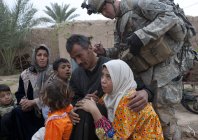
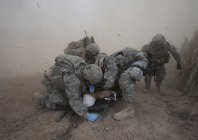

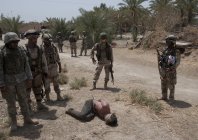
Al Qaeda in Iraq overplayed its hand in Anbar province, its stronghold to the west of the country. Local residents grew tired of the summary beheadings and harsh imposition of Islamic law (there were reports of the fingers of those found smoking being cut off). Many who had sided with the insurgents and spent years killing U.S. soldiers simply got fed up with running from the Americans.
Iraqis were encouraged to police their own neighborhoods as Concerned Local Citizens (CLCs.).This so-called "awakening" helped deny the insurgents a base and began to reap "actionable intelligence" on al Qaeda in Iraq.
Gains were made and communities secured - to a degree. But now the conflict has shifted to the edges of the country. The strongholds of al Qaeda in Iraq can now be found to the north - in Mosul, in Ninevah, in Diyala. The fighting there is as fierce as it has ever been.
But, the CLCs in Baghdad and in Western Iraq, who have taken American money, guns and help - who have opted for self-protection - these groups must be kept on the side for the gains to last. Of the roughly 80,000 concerned local citizens currently working alongside U.S. forces, only 25 per cent can be absorbed into the army and police. For the rest, there must be jobs, or they risk becoming disillusioned, frustrated, and perhaps returning to their old ways.
It’s true that the violence is somewhat reduced in Iraq. But the main reason for this is that Shiite cleric Moqtada al Sadr, the actual commander of a large military force, has ordered a truce. If he decides to end it, the killing of Sunnis by Shiites will escalate, and American forces believed to be favoring either side will again be prime targets. It would seem that the war for peace in Iraq has a long way to go.




